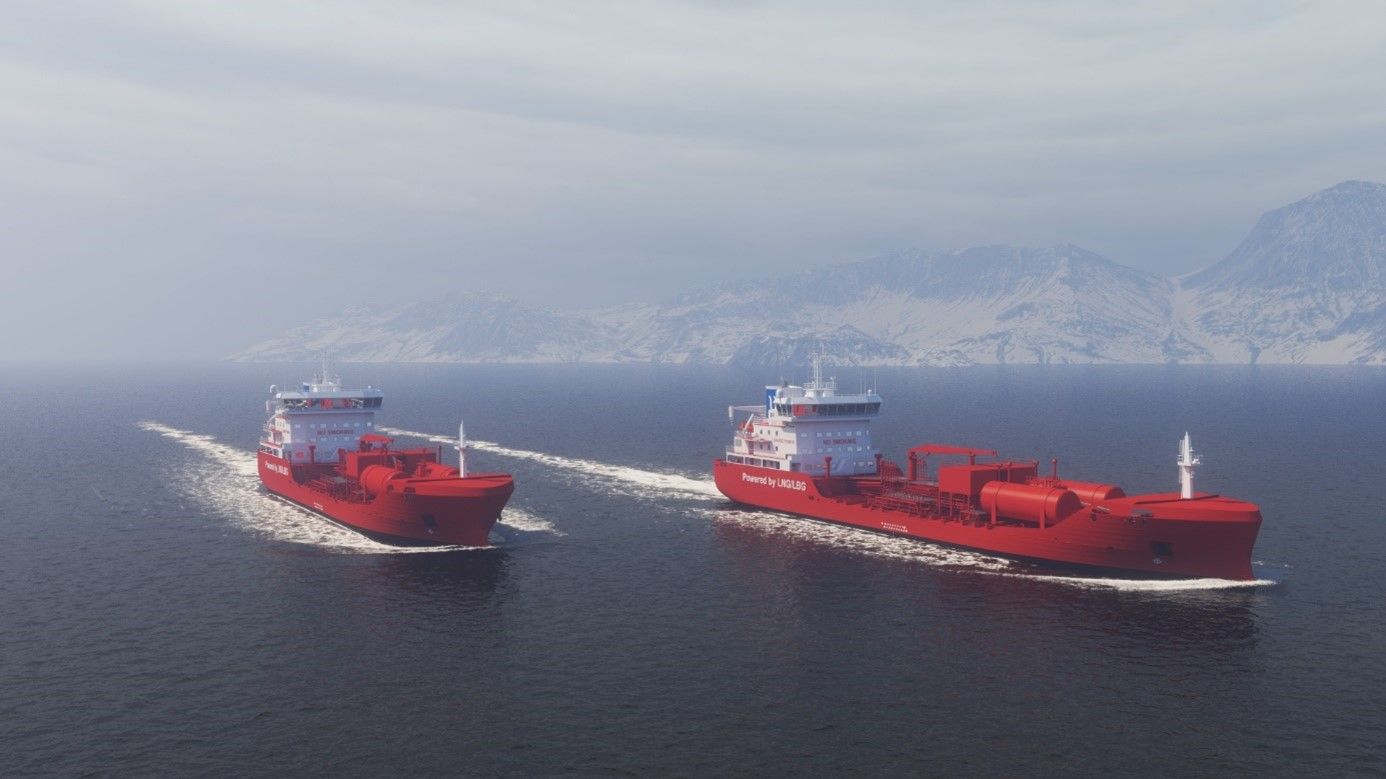Norwegian shipping firm Utkilen said half of its core fleet of chemical tankers would be able to use LNG or LBG in 2025, as part of the company’s plans to slash emissions.
Utkilen said in a statement last week it would invest more than 125 million euros ($131 million) in “green technology” and has ordered four multifuel chemical tankers at Turkey’s Icdas.
The 6,700-dwt vessels will run on LNG and gas oil, with a view of using methanol and ammonia in the future, according to the firm.
“In recent years, there has only been a small inflow of new chemical tankers in short sea shipping in Northern Europe,” Utkilen said.
The new ships will have optimal hull shape and can be facilitated for battery and shore power connections, thus be able to carry out port stays completely emission-free, according to the firm.
Moreover, Norwegian suppliers would deliver a “great deal” of the equipment for the new ships, it said.
The vessels will feature equipment from Framo, Warstila, Hoglund, Scanjet, Air Products, and several others.
Utkilen will start taking deliveries of these ships in 2024.
VesselsValue data shows Utkilen ordered these vessels in February with two scheduled for delivery in 2024 and two in 2025.
Existing ships
In addition to these newbuilds, four of Utkilen’s existing modern ships would become “more eco-friendly when they are prepared for LNG fuel during 2022/23,” the firm said.
Utkilen did not provide additional information regarding these vessels.
Norway’s Hoglund said in August last year it had secured a contract to retrofit four LNG-ready chemical tankers owned by Utkilen.
The project will see the design and installation of fuel gas supply systems (FGSS) on Utkilen’s LNG-ready sister vessels, namely Mostraum, Vikstraum, Saltstraum, and Sydstraum.
According to its website, Utkilen operates a fleet of 22 chemical tankers. The vessels include six working in the global trade and 16 in its core fleet.
“We have owners who invest long-term. In a time of great uncertainty in relation to to future green technology, we choose to make large investments that will considerably reduce our carbon footprint already in 2022,” Siri-Anne Mjatvedt, CEO of Utkilen, said in the statement.
“There is currently a lot of talk about hydrogen and ammonia, but for us, who transport chemicals primarily in Northern Europe, this technology is not ready yet,” she said.
“We choose to focus on accessible, eco-friendly, and flexible technology,” the CEO said.
Following delivery of the newbuilds, Half of Utkilen’s core fleet would have the capability to use LNG and biogas (LGB), Mjatvedt added.

